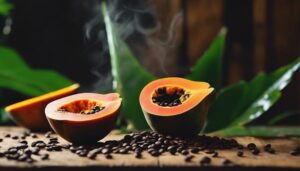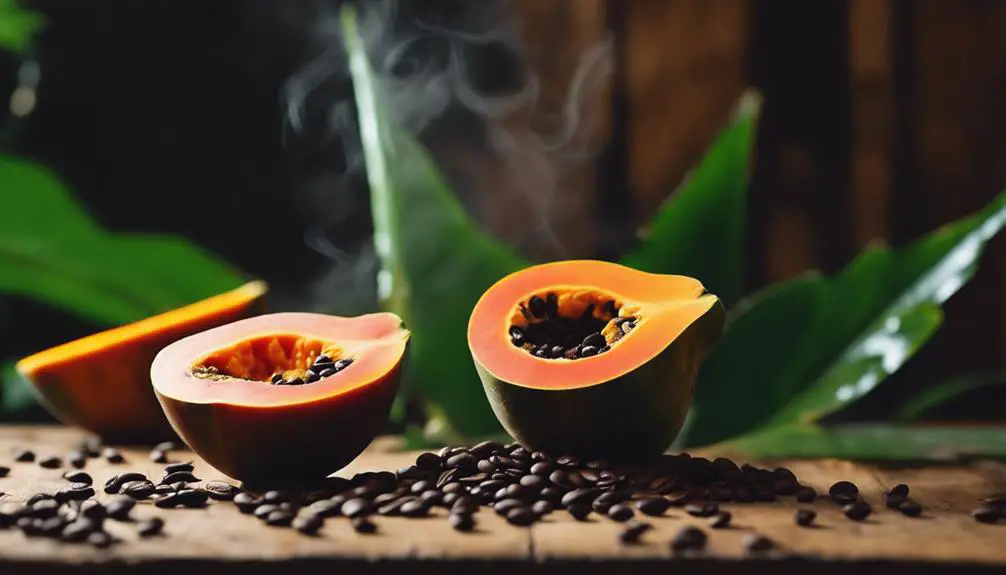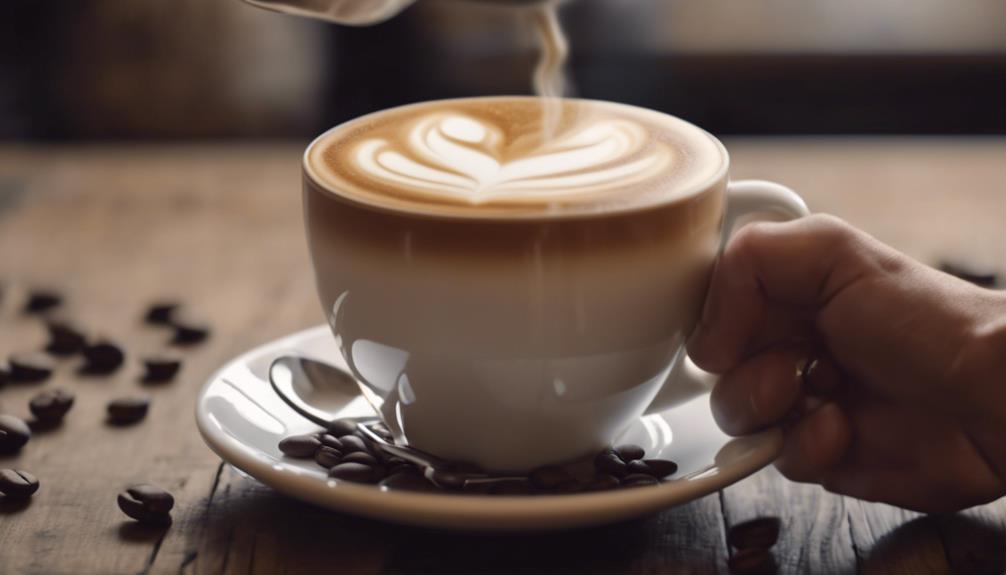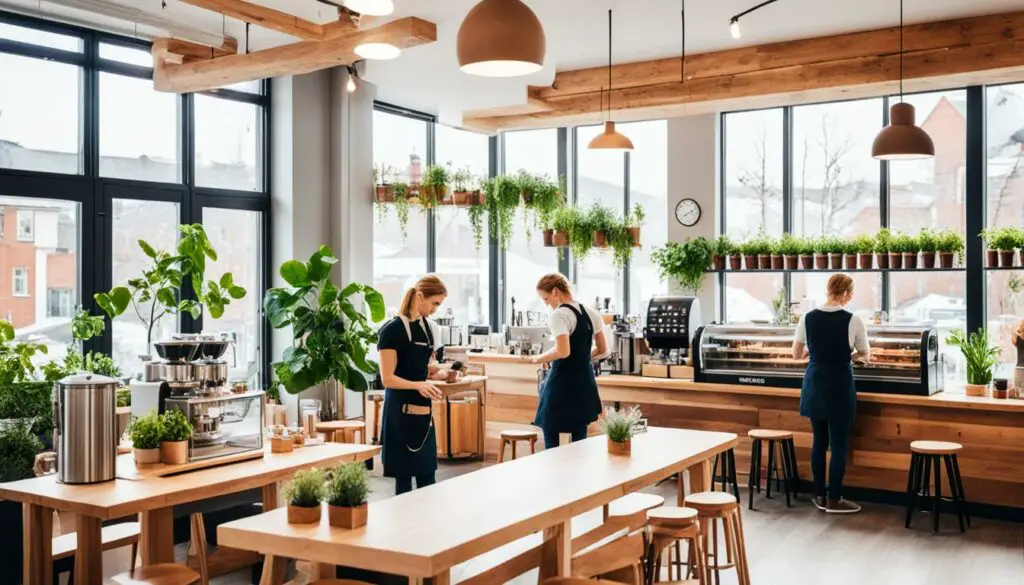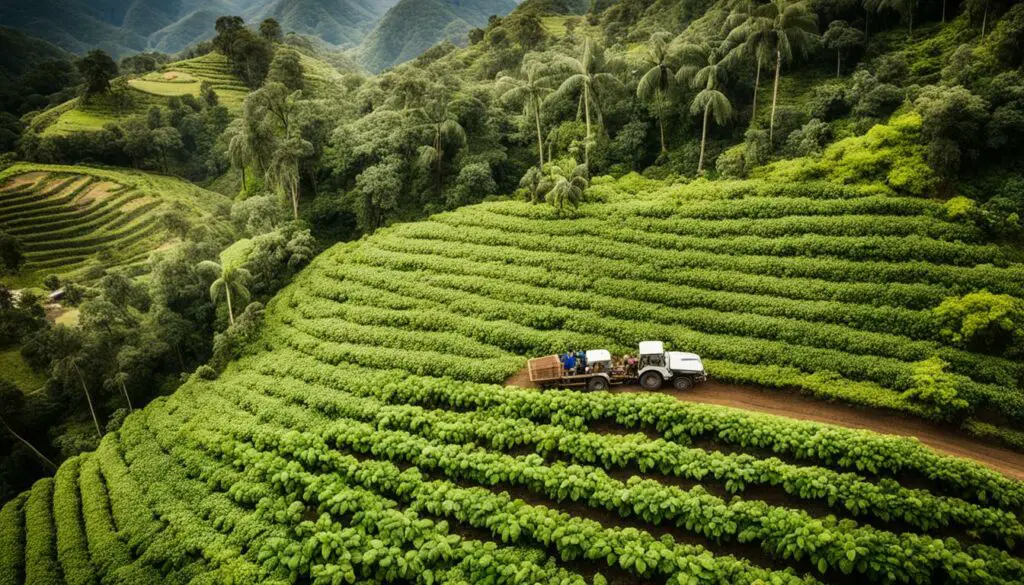What is coffee percolation?
Coffee percolation is a brewing process that utilizes the transfer of hot water through coffee grounds in order to create a flavorful, full-bodied cup of coffee. The process begins with freshly ground coffee, which is placed into the top chamber of a percolator. Cold water is then poured into the bottom chamber and heated until it reaches boiling point. As the hot water rises up through the grounds, it absorbs oils and flavor compounds, producing an aromatic infusion. This infusion flows back down into the bottom chamber and is reheated, resulting in an increased concentration of flavor as well as a stronger taste. When all of the desired flavors have been extracted, the brewing can be stopped by removing the heat or turning off the appliance. The results are a rich, robust cup of coffee that can be enjoyed at its fullest flavor.
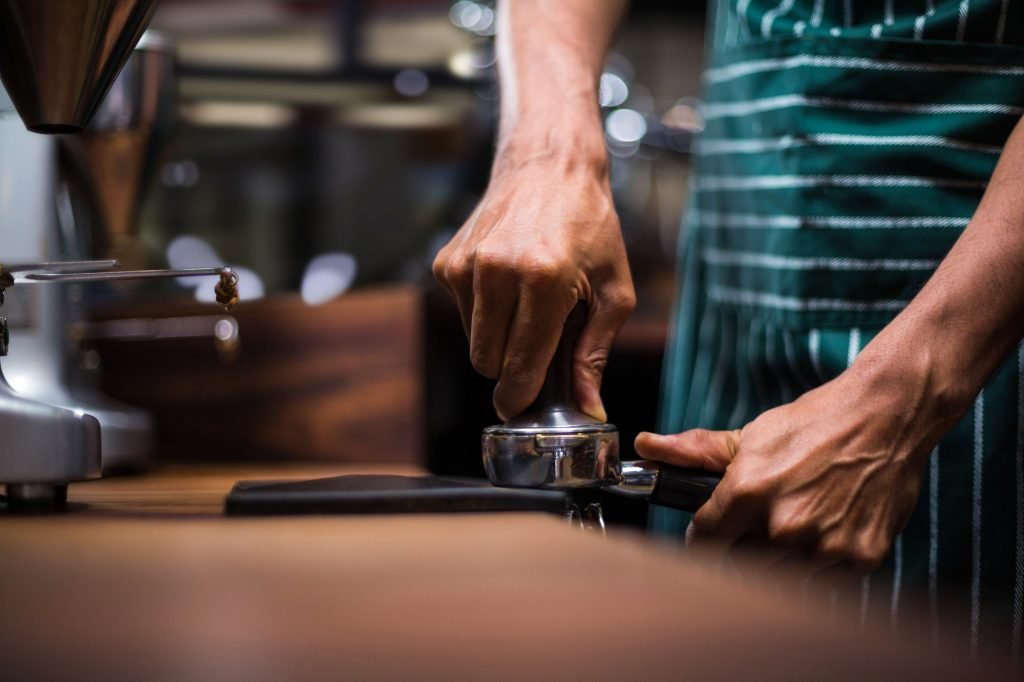
How it happens
The process starts by pouring ground coffee into a chamber that is typically shaped like a cylinder or cone. This chamber is then positioned above another chamber where the boiling water is placed. As the boiling water passes through the upper chamber containing the ground beans, it absorbs their flavor, aroma, and oils before dripping down into the lower chamber as a strong-tasting beverage.
The amount of time that the hot water spends in contact with the grounds affects how strong or weak your cup will be; longer percolation times will result in stronger coffees while shorter times will produce milder cups. Additionally, controlling how much pressure you allow to build up within the pot will also affect flavor composition; more pressure results in more oil extraction while fewer pressure results in less.
Why coffee percolation is used
Coffee connoisseurs often prefer percolated coffee because they believe it produces better tasting results than other more traditional methods such as French press or drip brewing. Many also feel that it makes for a richer cup due to its higher oil content generated by allowing steam and pressure to build up within the pot during brewing.
However, some people may be wary about trying out this type of brewing method since it requires additional care and attention when compared with others such as automatic drip machines; if not done properly there’s always a risk that bitterness could overpower your cup’s flavor profile which might ruin it for some folks. That said, with practice and patience anyone can learn to make exceptional-tasting cups of Joe via this time-honored technique!


